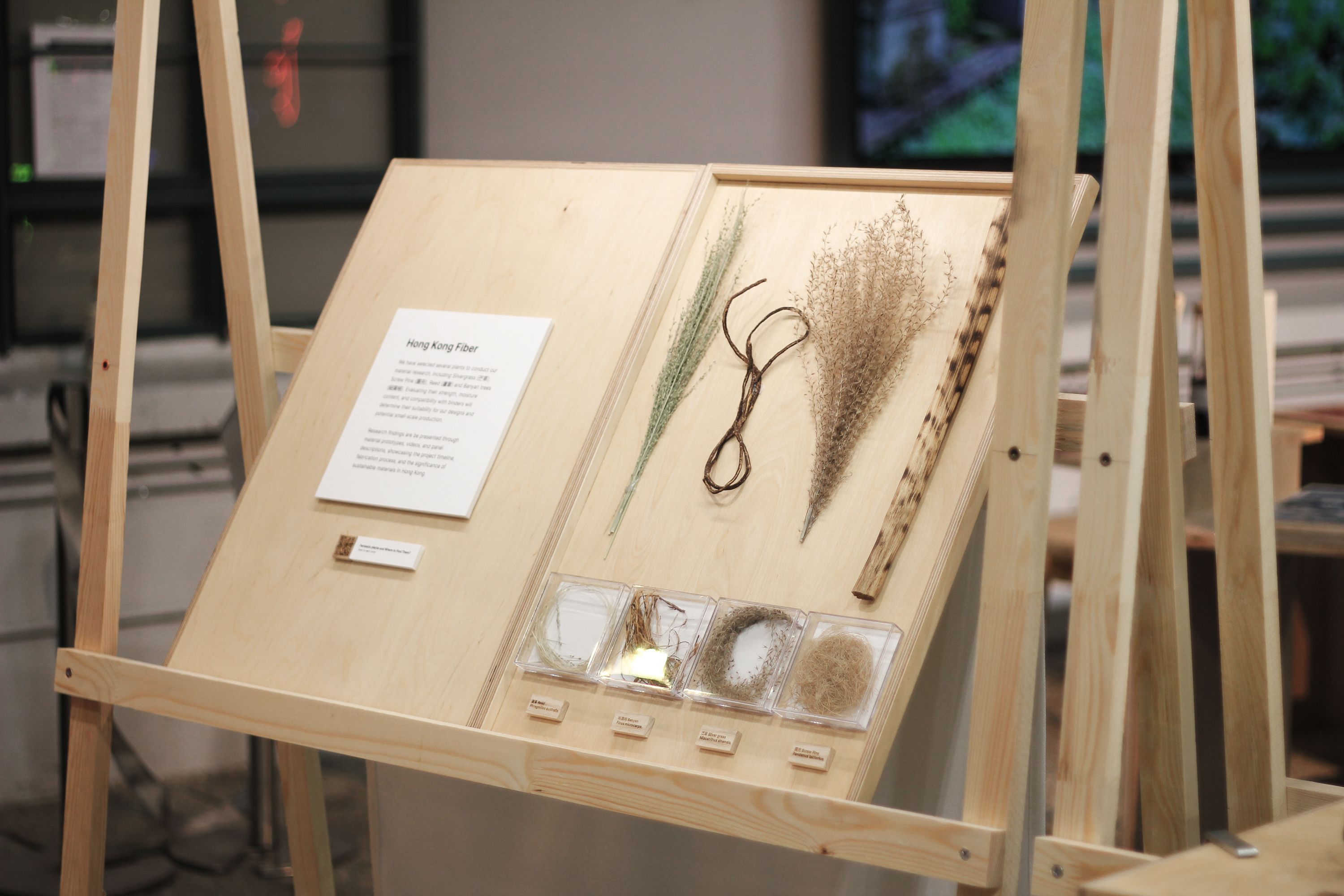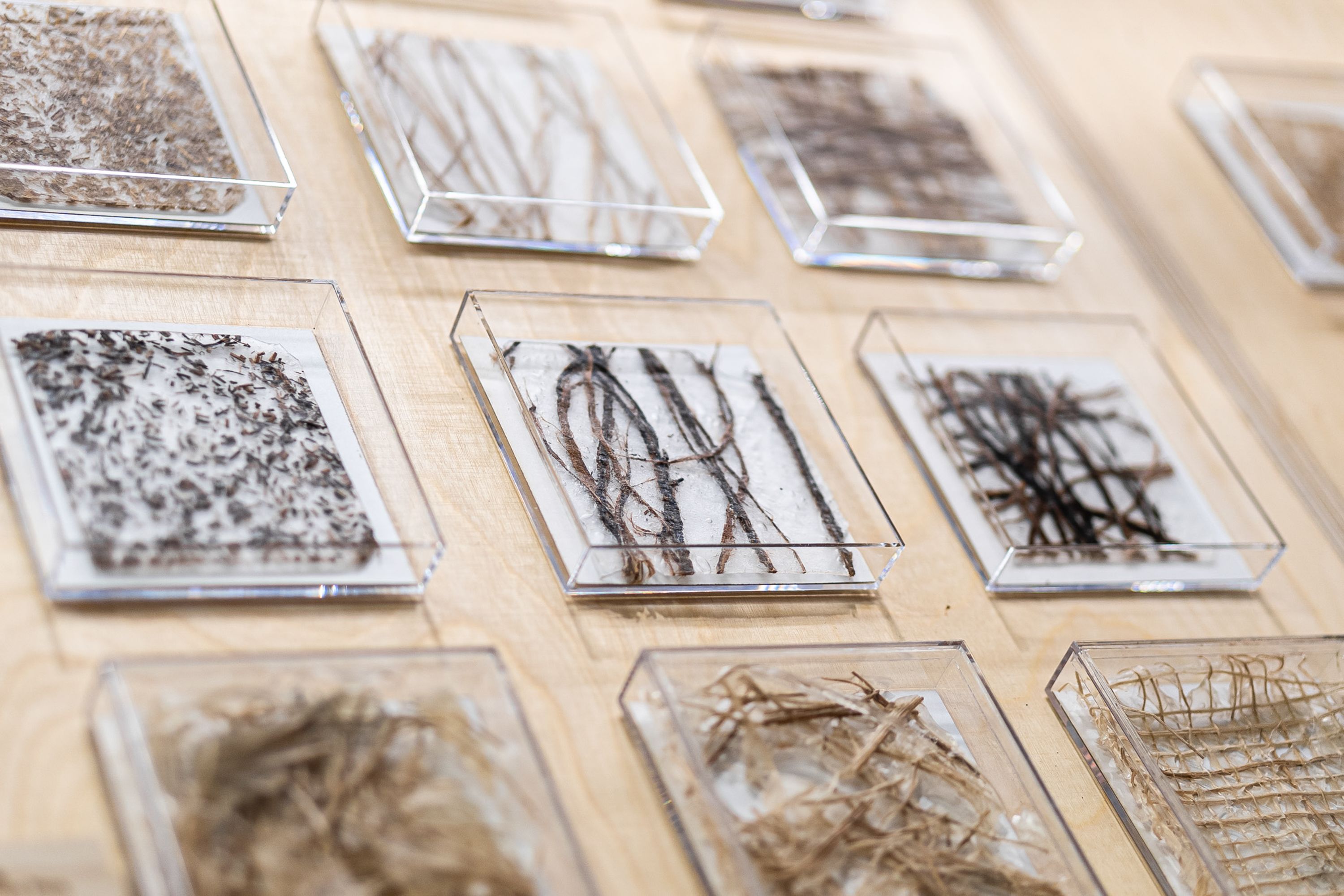
Sustainability
We are committed to reducing the environmental impact of our designs. We believe that nature is not just a backdrop to our work, but a vital stakeholder that deserves our respect and consideration. We actively collaborate with clients who share our commitement to environmental sustainability, and strive to create designs that are both aesthetically pleasing and environmentally responsible.
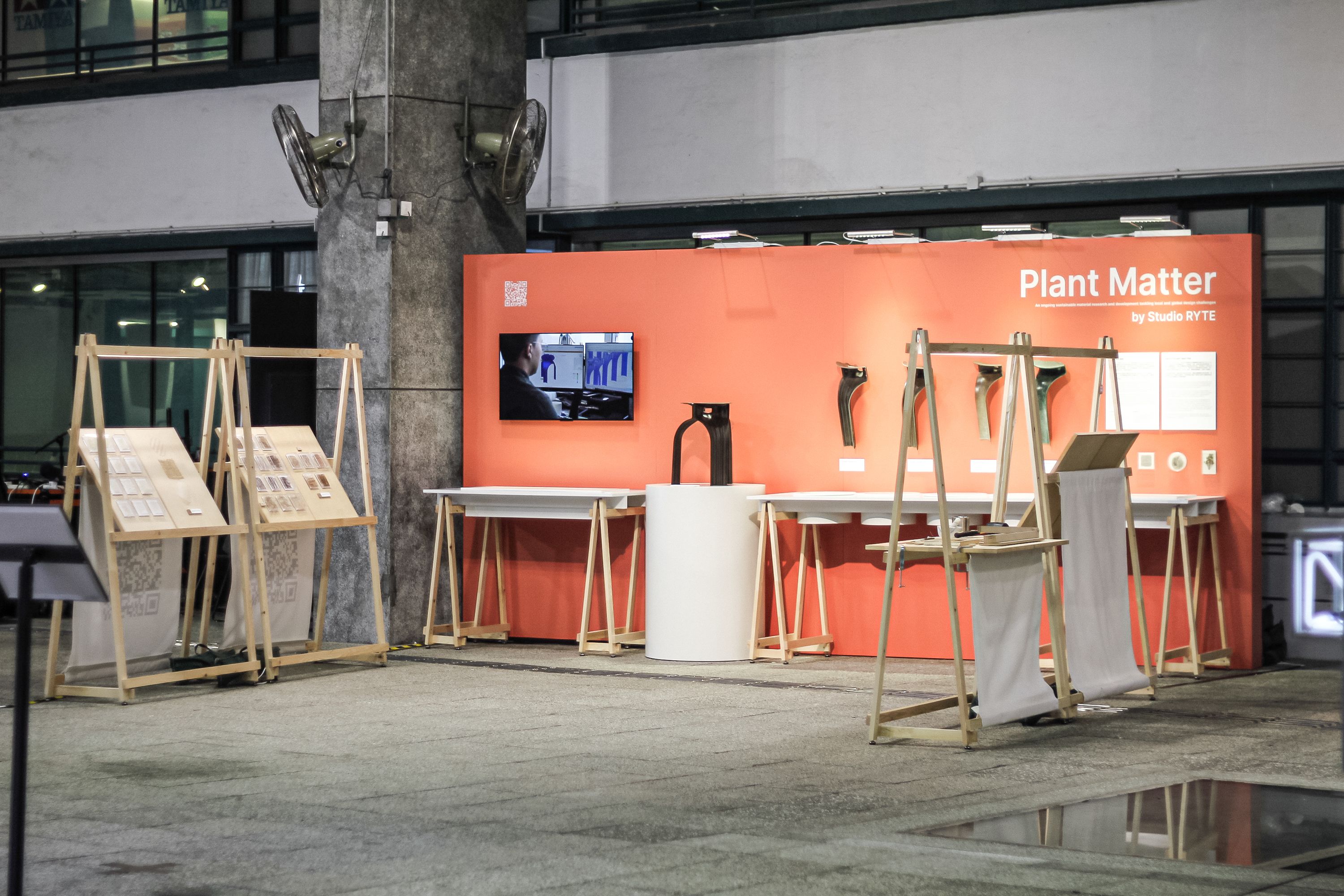
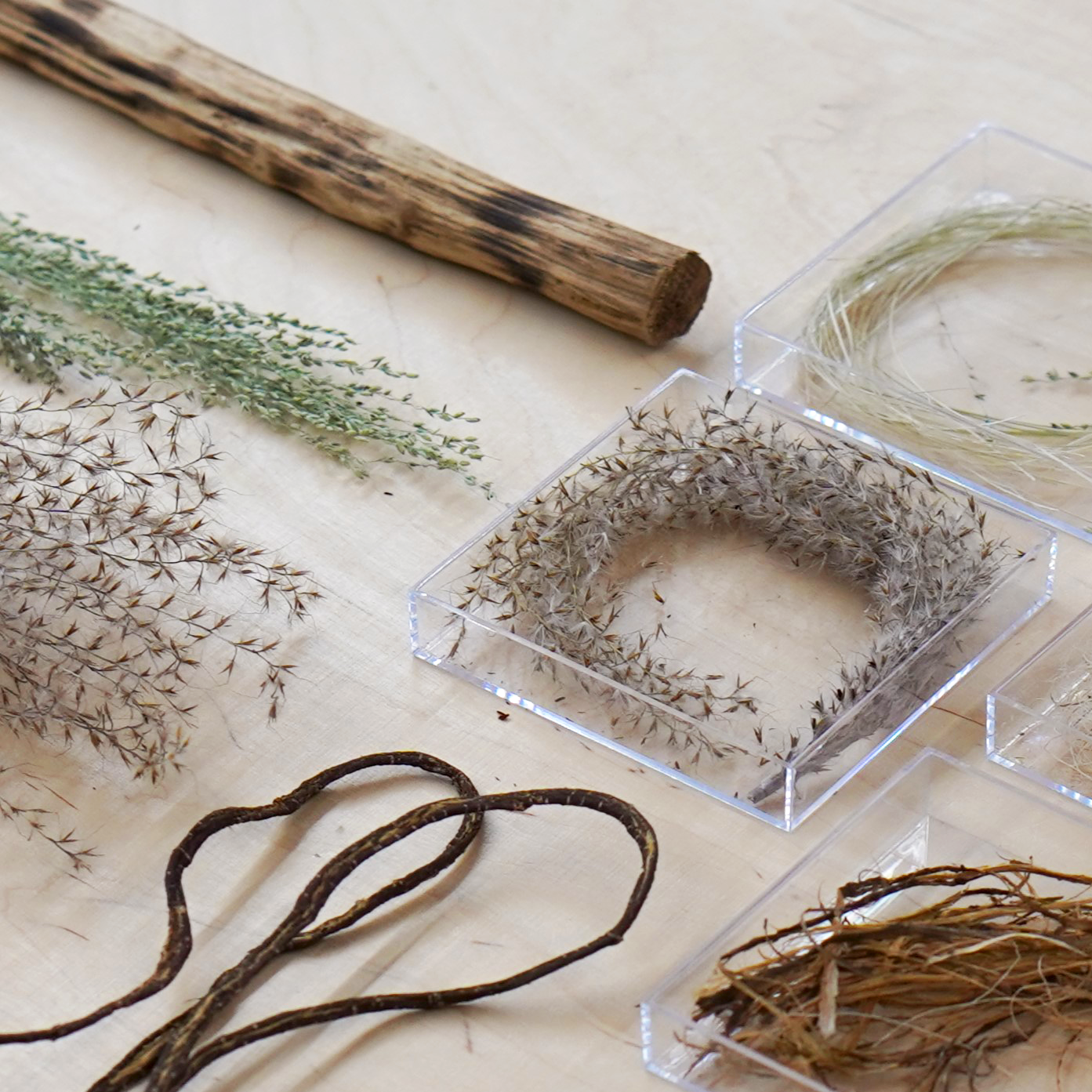
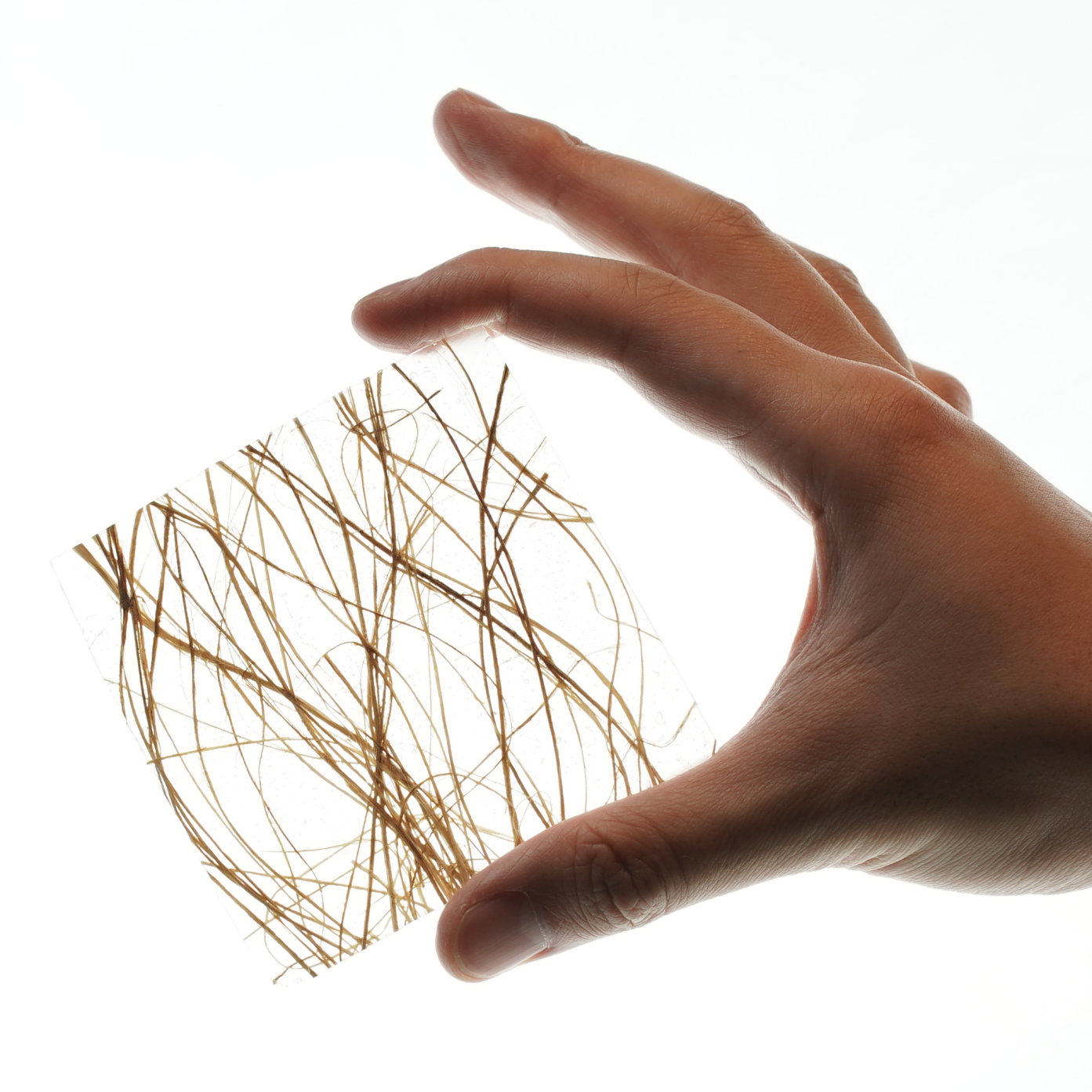
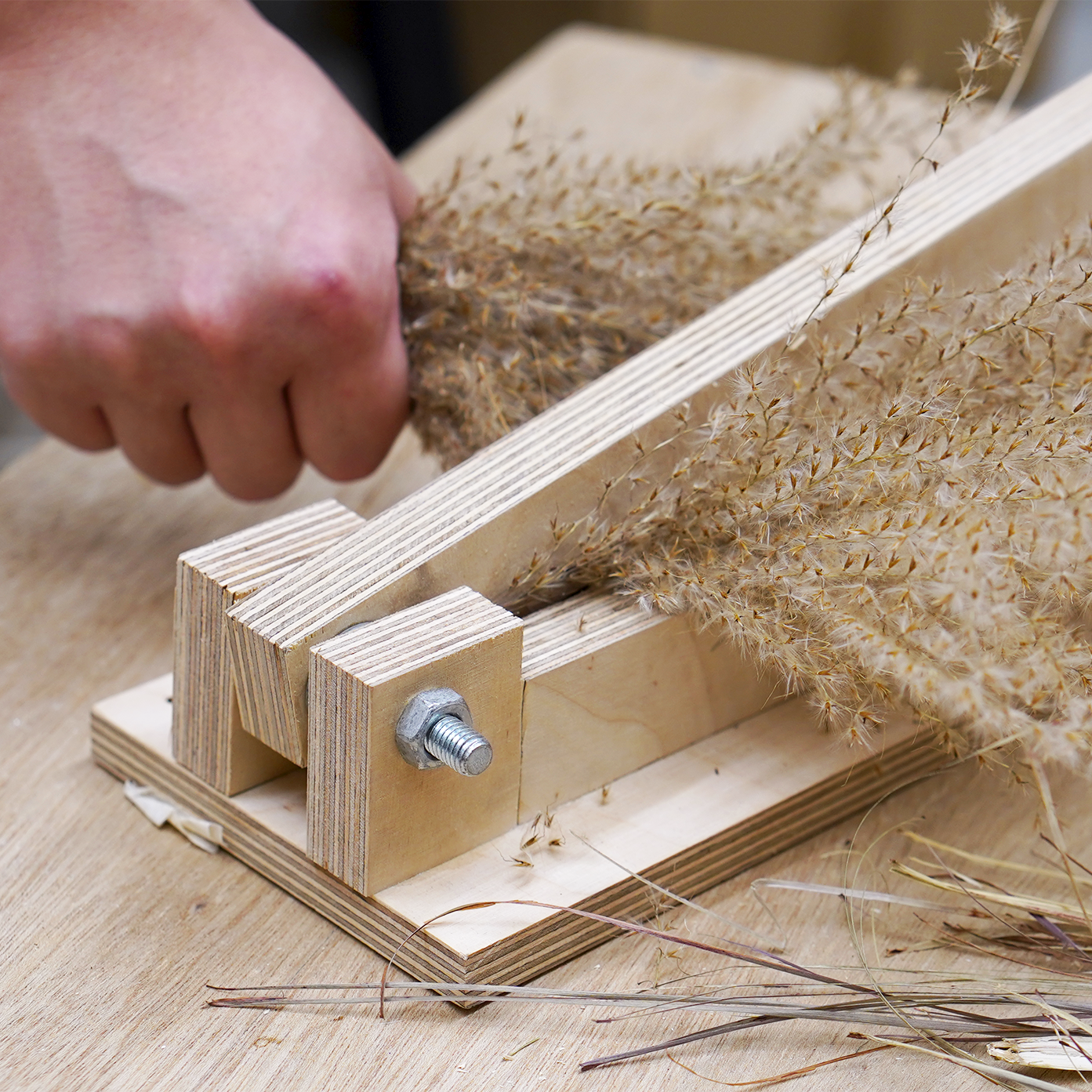
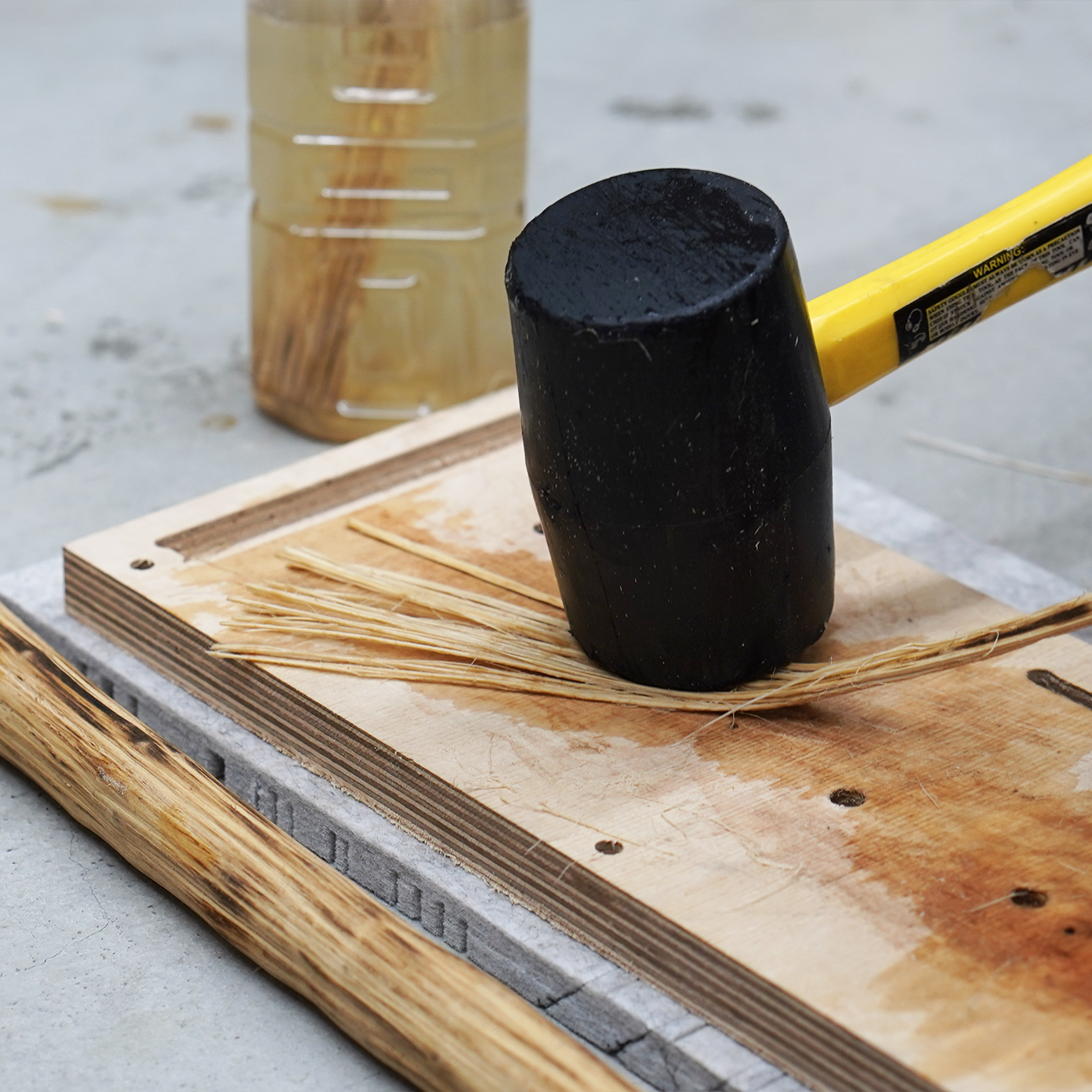
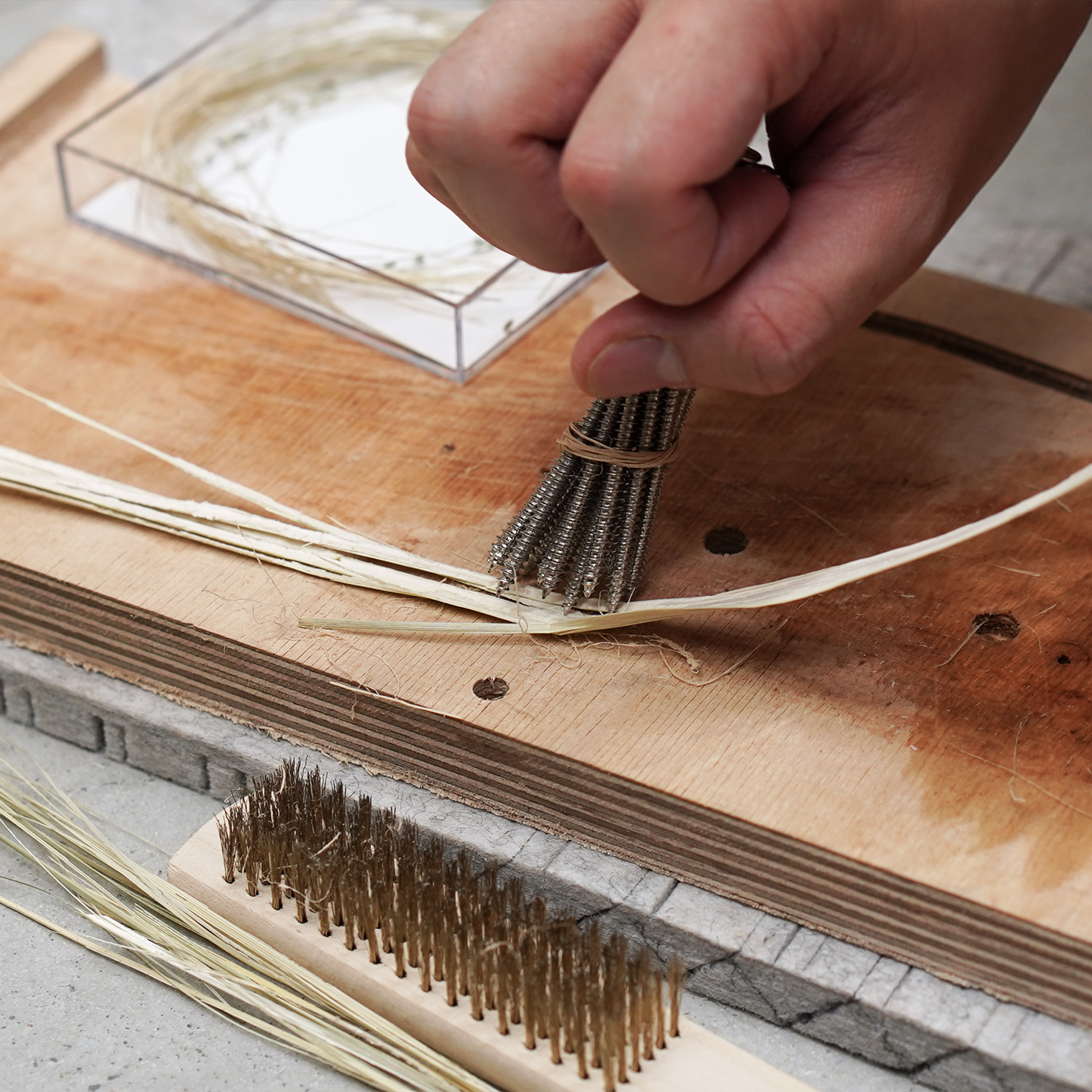
Name card
Our name cards and collaterals have been printed on paper made with 40% recycled corn waste saved from landfill. It is FSC certified and has a 20% carbon footprint reduction. Whenever possible, we share the green practice with our clients and make the change together.
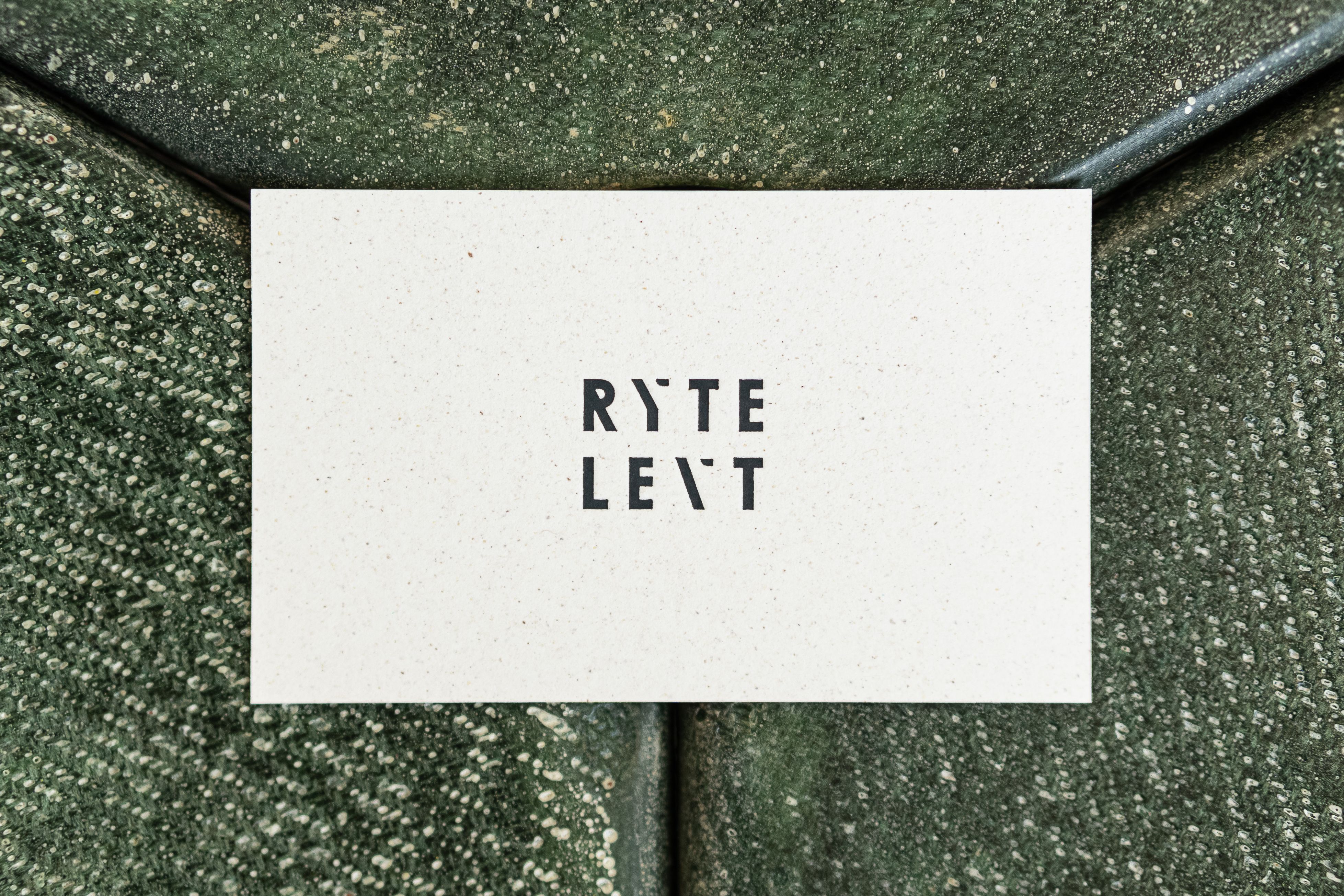
Website
Our website has been designed to minimize environmental impact and energy consumption as much as possible. We deployed our website using a static site generator which significantly reduces the server footprint.
Going against the world, we deliberately brought down the visual lavishness of a design studio website; firstly, by limiting project portfolio to 15 photos each for most projects; and secondly, by lazy loading the photos which means they will only be downloaded when scrolled upon. We have given up full bleed images for the menu design but to opt in a much subtler approach for lightweight performance.
We made a conscious decision not to auto-play our project videos, and instead made them play only when requested. While the viewing experience might be slightly compromised, we significantly traded reduction of data download from the server and therefore reduction of power consumption. Compared to our previous website, the page is 70% lighter.
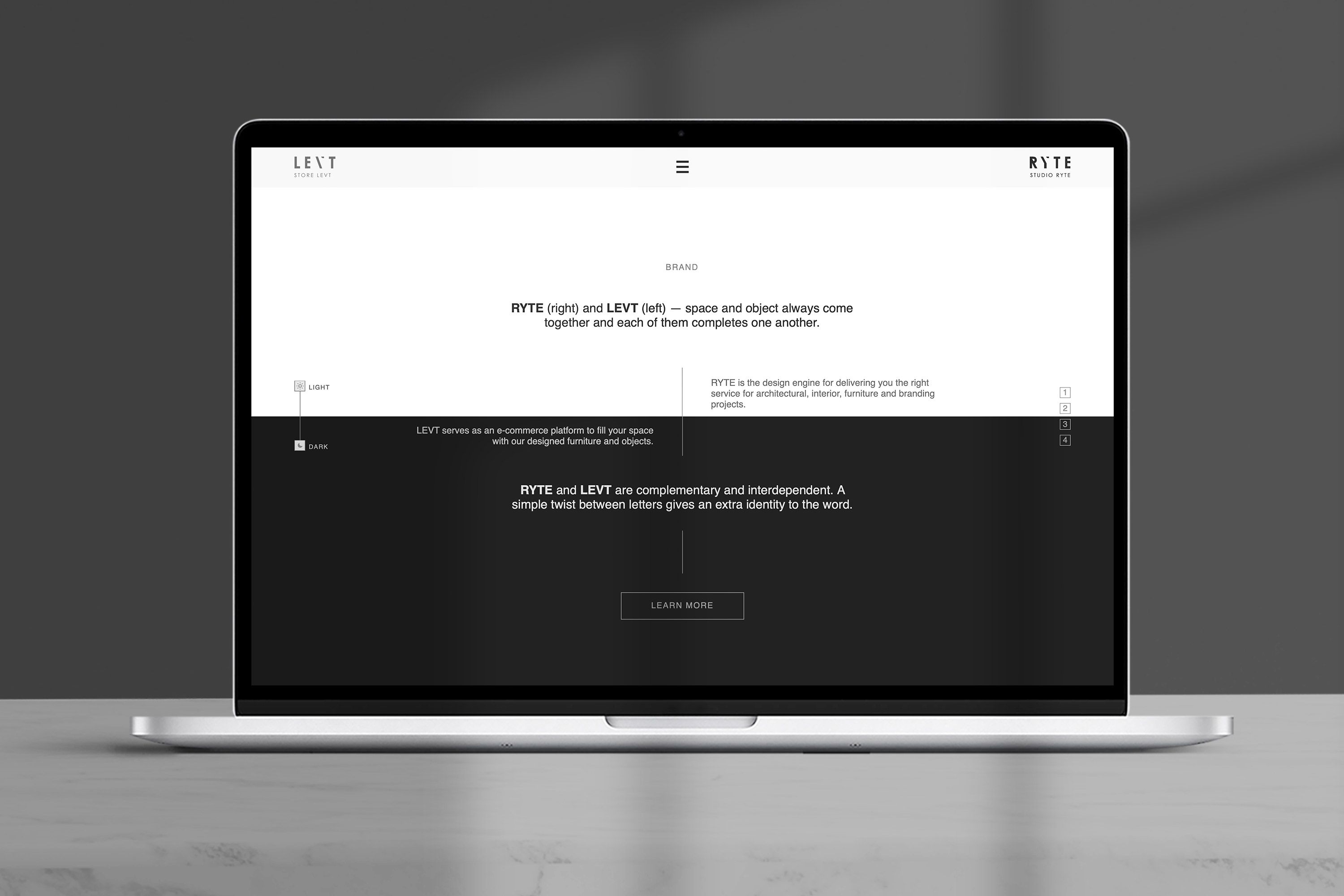
To prepare further our audiences a taste of sustainable browsing experience, we insisted to use default system fonts that are readily available in users' devices and requires no additional download. We have also implemented a dark mode which reduces LED power consumption on devices when viewing in the dark. Go light, go dark.
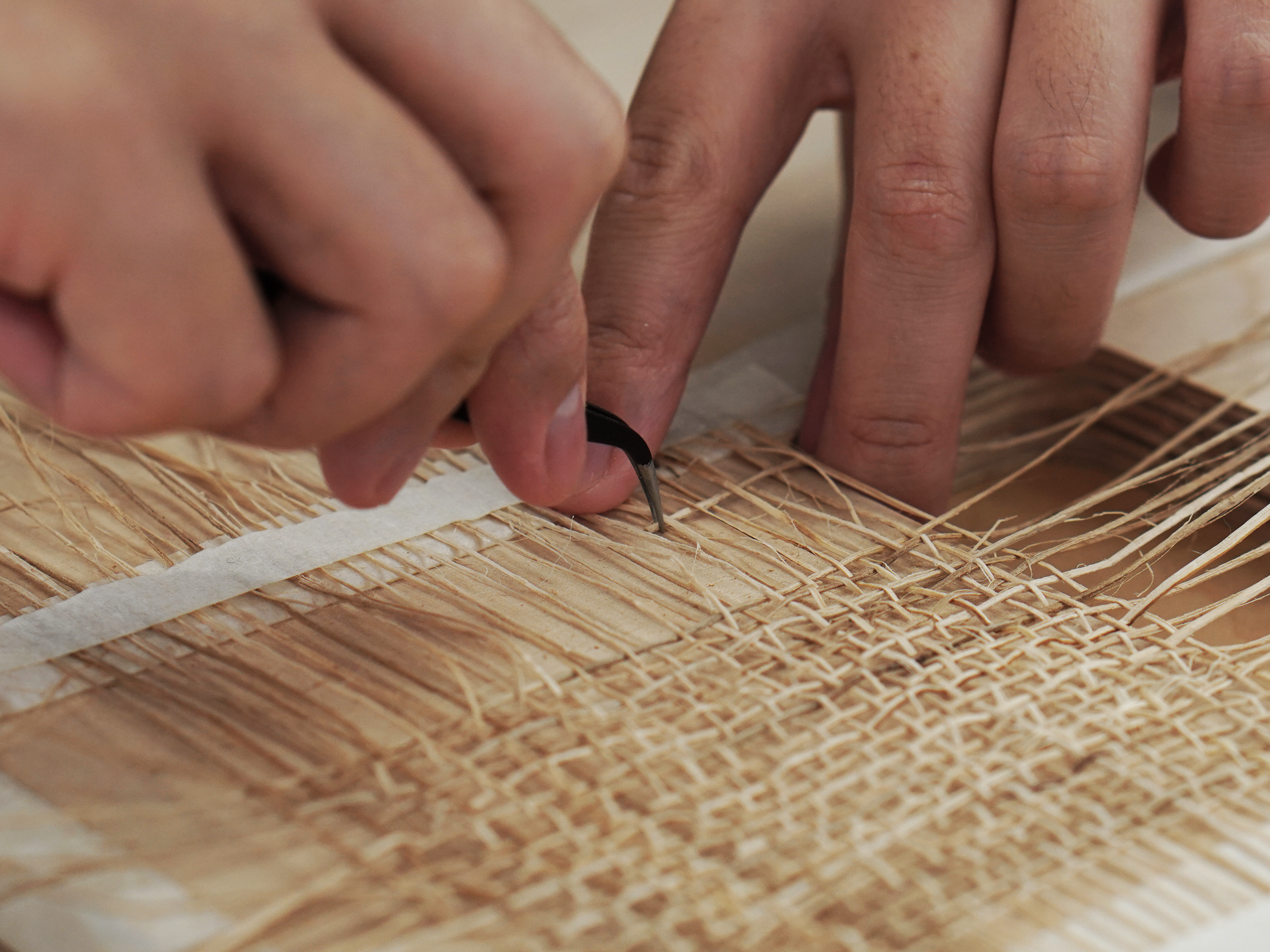
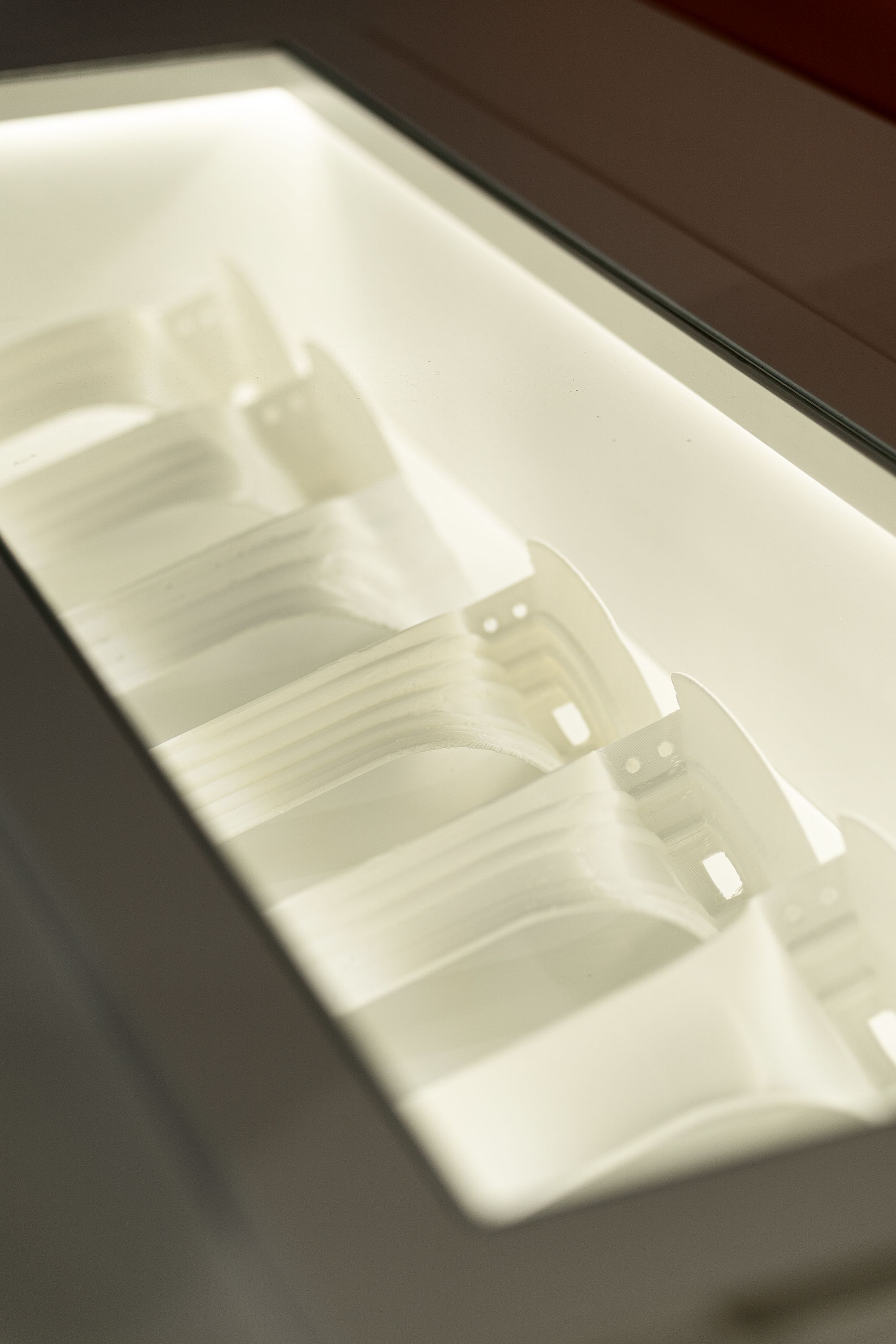
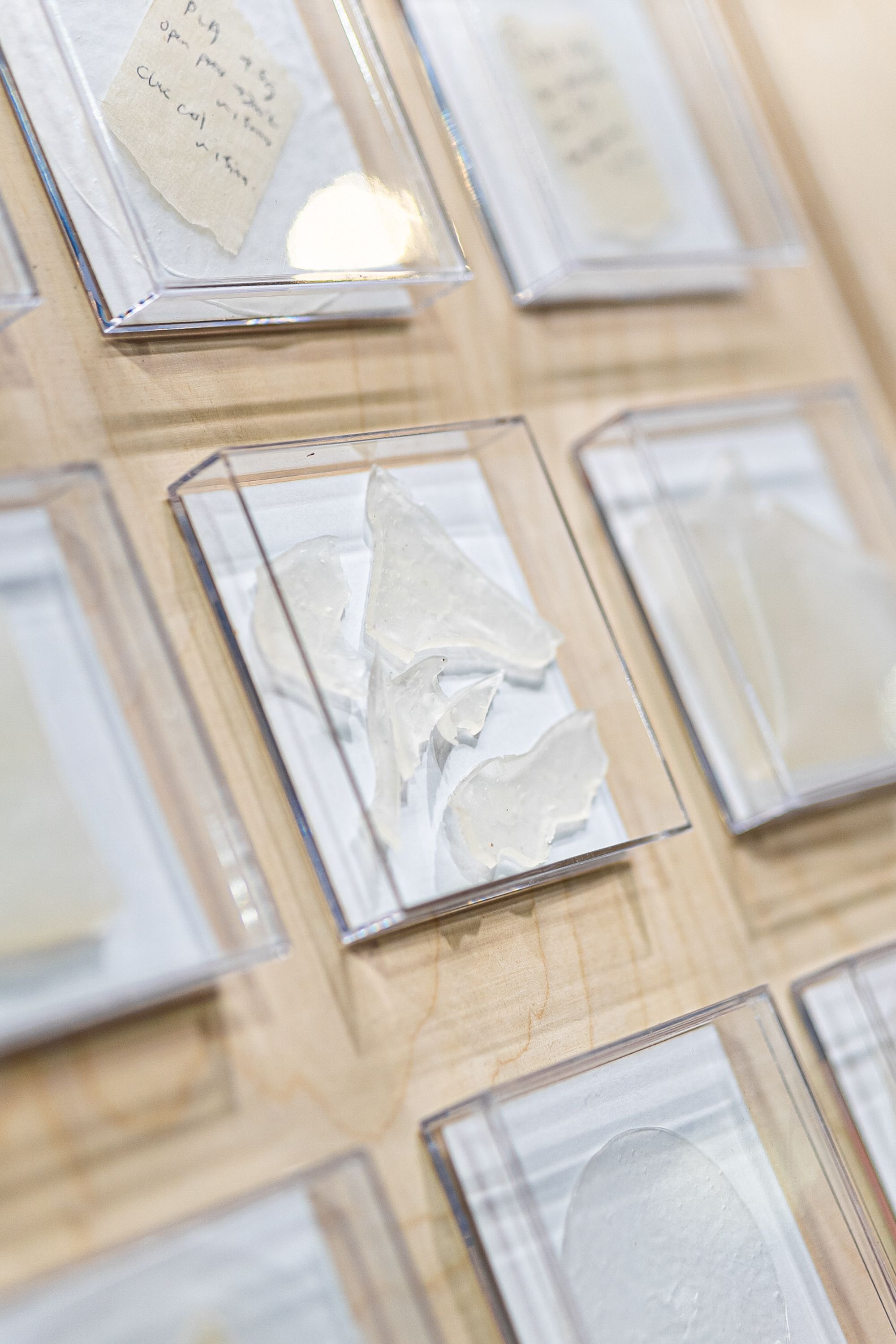
Material Innovation
Studio RYTE specializes in material research and experimental design. Our approach of research and design has transformed over the past years during Covid. Our mind and hand experiments took us beyond traditional furniture design, as we explored the potential of new systems and unconventional materials.
We built a shop with digital fabrication equipments including a 4 axis Avid CNC, a portable CNC Shaper Tool Origin, a S5 Ultimaker 3D printer and a desktop laser cutter. We started working with experimental connections and fabrication methods, and began collaborating with factories and engineers to develop cutting-edge systems and materials that could be used in a variety of applications, from construction to furniture. For us, prototyping 1 to 1 with the actual material is always the desired way of design. We improve through iterations.
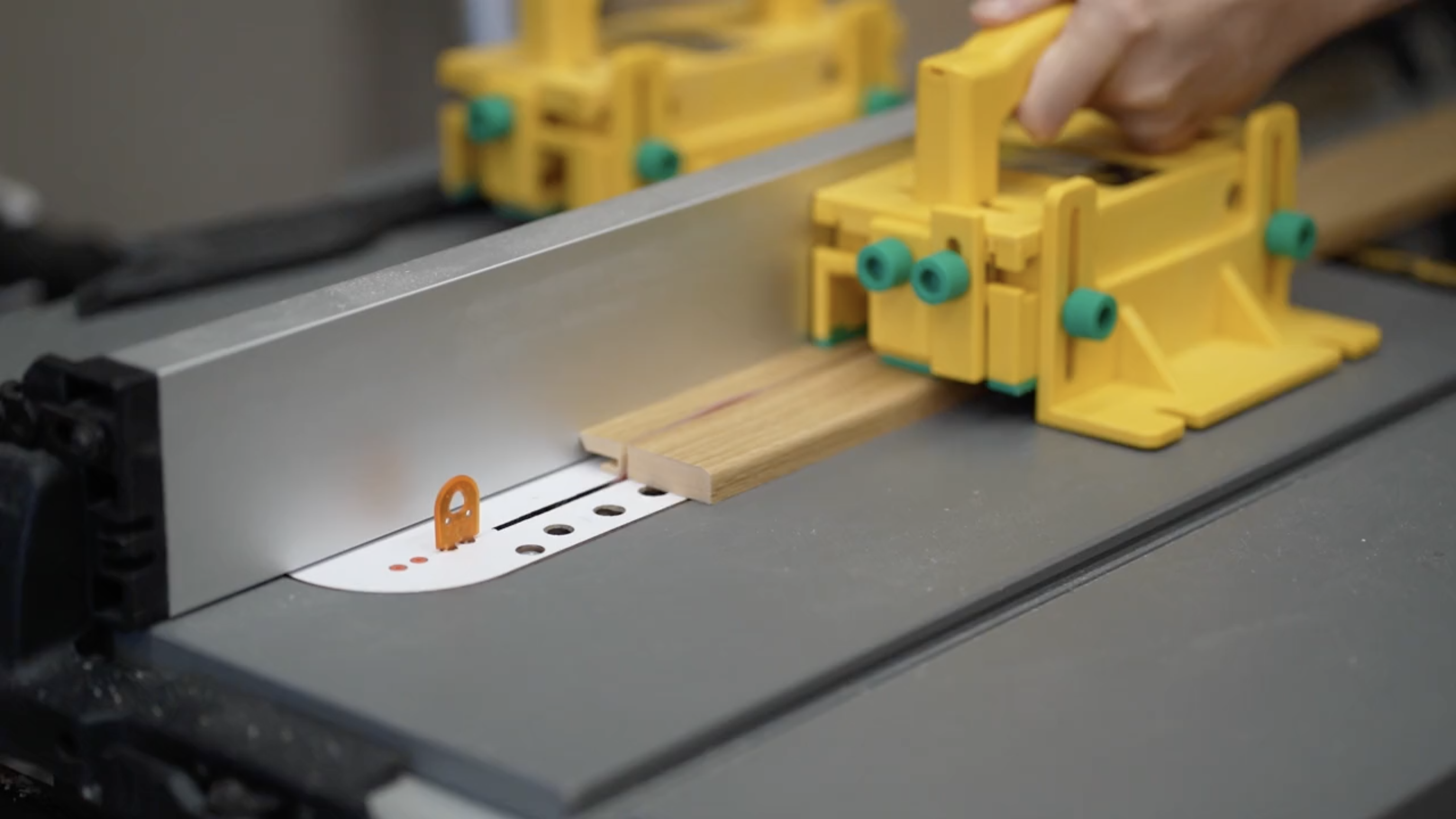
Academic Research Design Studio
Our founder Dennis teaches at the Faculty of Architecture in the University of Hong Kong where he directs the Alternative Materials studio for the 3rd year students at Design+.
Environmental issues are becoming increasingly alarming in the current climate. The Alternative Materials studio emphasizes the use of novel materials that have not been widely used in the construction and manufacturing industries, striving to provide new opportunities to the field.
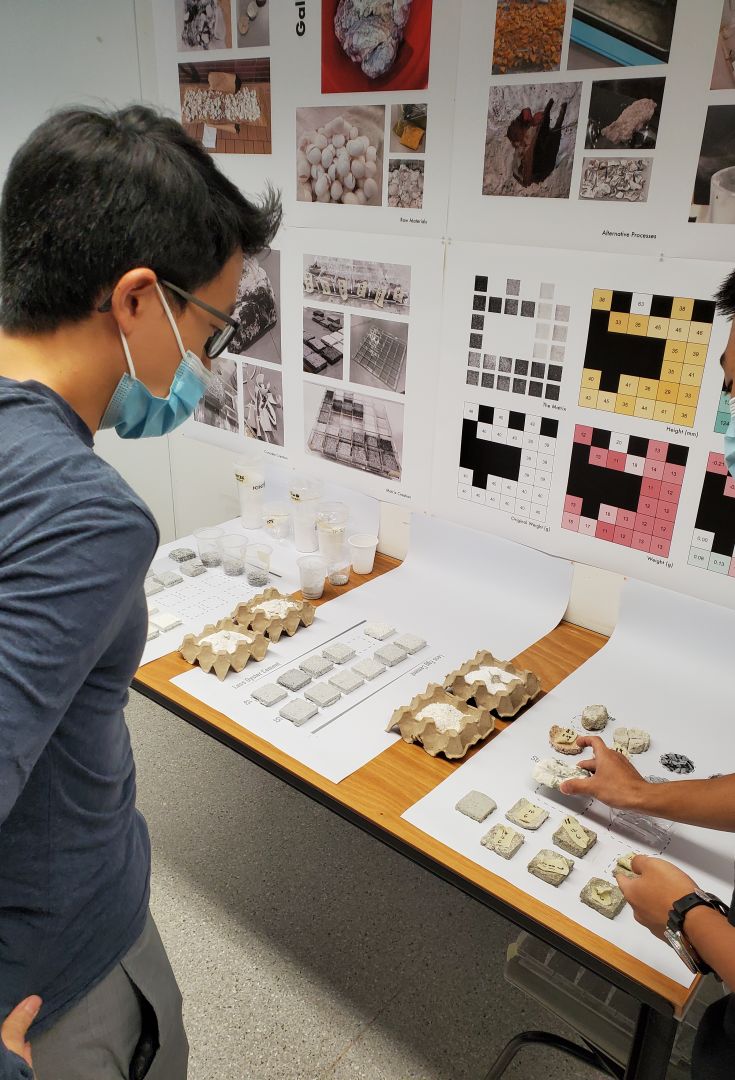
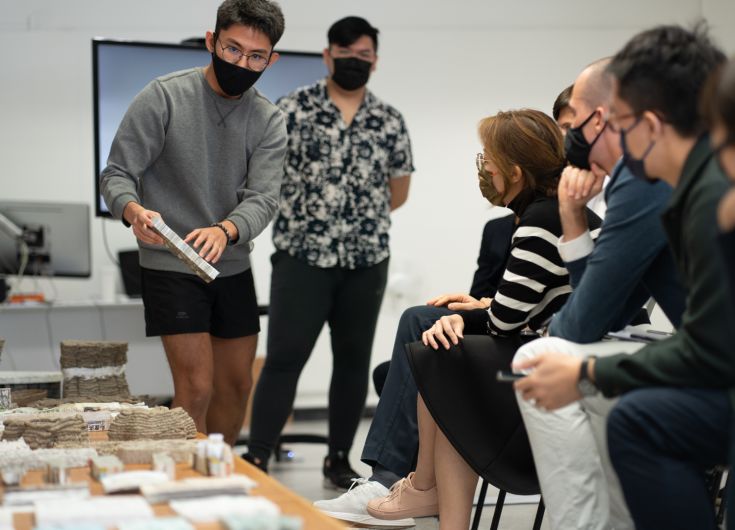
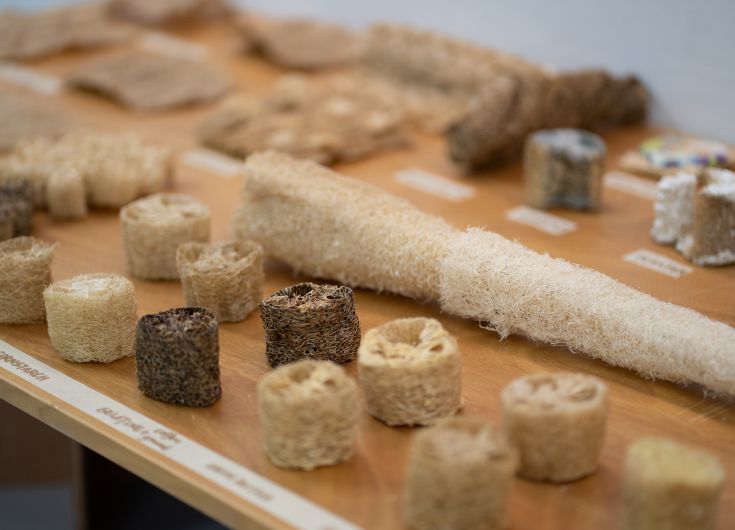
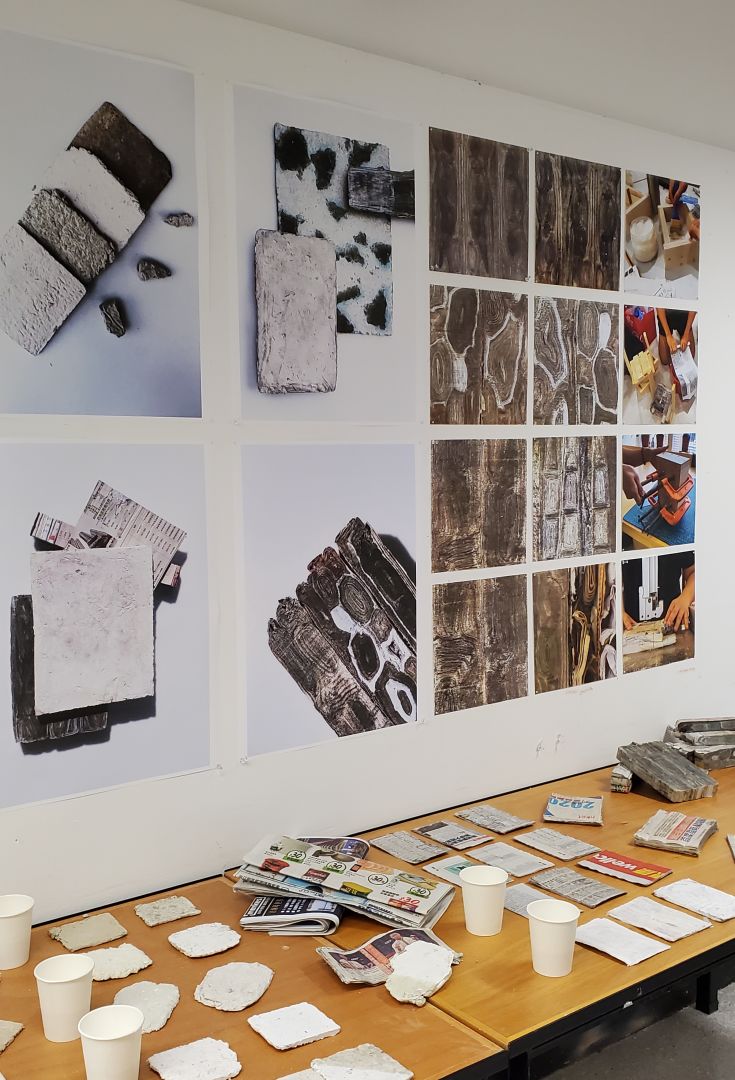
Faced with the urgent impacts of climate change and the effects of over-consumption of plastic and concrete on the environment, we design thinkers must react. Tackling these requires new understanding towards how we exploit resources, manufacture goods, and consume products. We will analyse how we are living today and anticipate what we need tomorrow.
The exploration begins with researching materials and techniques to identify a potential arena that may yield tangible outcomes. Next, students engage in a deeper understanding of the chosen materials to demonstrate their full potential, including organic, plant-based, recycled, recyclable, waste generated, composite, biodegradable, circular, and low footprint.
By considering environmental, social, and cultural contexts, the studio addresses sustainability in design, to reflect how we exploit resources, manufacture goods and consume products, and seeking to use alternative materials.
